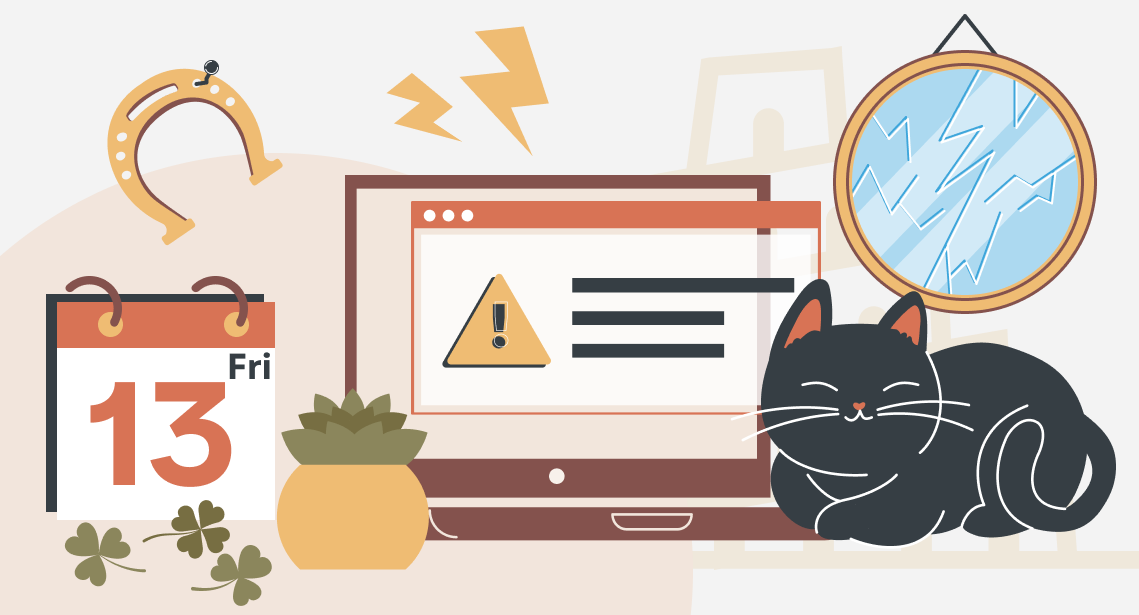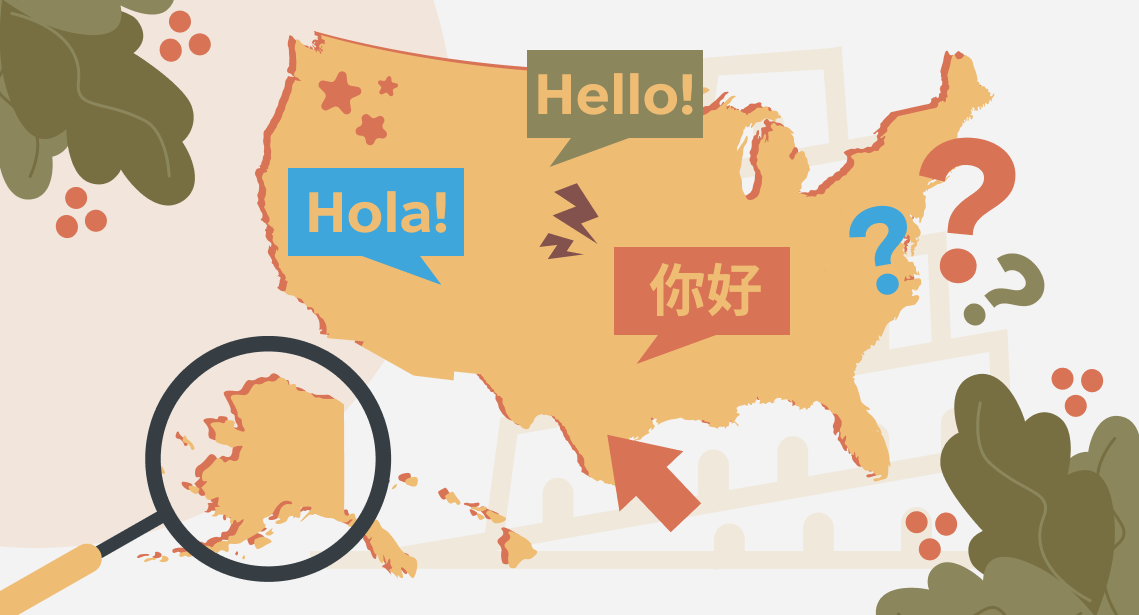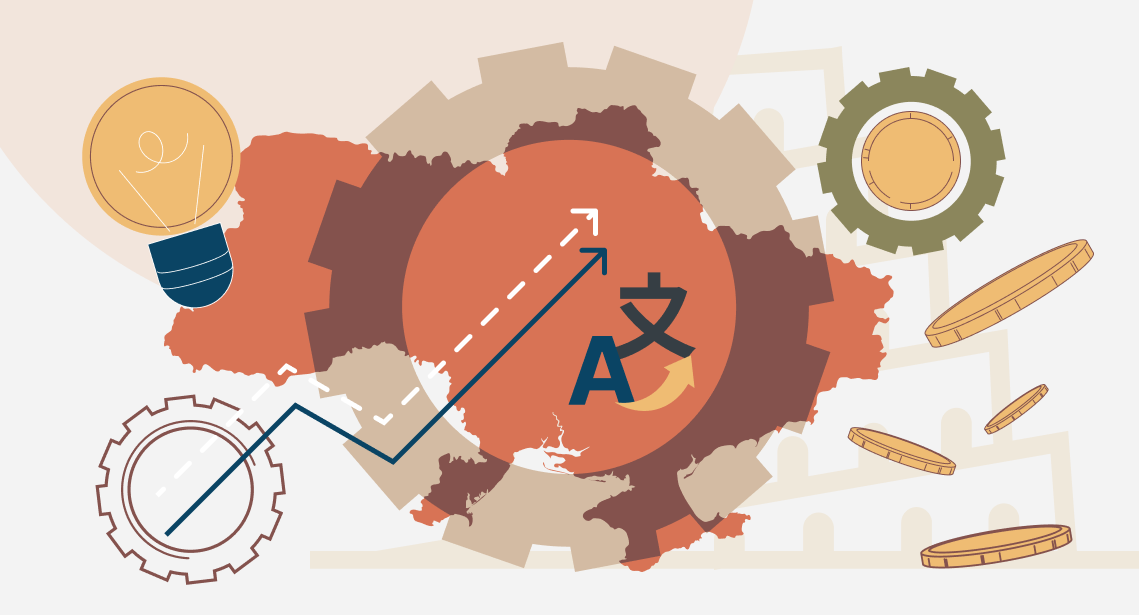How to Save Money on Translation Projects

If you have ever needed a professional translation, most likely you have already asked this question. In this case, people usually hire a translation agency. But their services are not cheap. Or perhaps it is better to hire independent translators, and save money?
The answer is yes, you can indeed save money. We will even tell you how it's done. But you have to decide for yourself whether it is worth it.
Finding translators
You would have thought that this is easy. There are plenty of specialized websites where you can access hundreds of translator resumes. But this can be deceiving.
The fact is that it is extremely easy to register on such websites as a translator (try it yourself). There are practically no barriers to enter the profession: if desired, even a school kid or bored unemployed person who once studied a foreign language can declare him or herself a translator.
Hence, the question: how can you weed out the amateurs and hone in on the genuine professionals in these huge databases?
Translator ratings help you with this—a “quality” score is assigned to translators (as a rule, automatically). But these ratings are of little help to clients. After all, it is not known what quality requirements were set by clients who left good reviews. In addition, some wily translators come up with effective ways to boost their ratings with the help of fictitious clients who are, in fact, acquaintances. At the same time, the rating of a genuine professional translator registered on such a website turns out to be low for obvious reasons.
So before ordering translation services, you first have to create translation tests which you use to select suitable candidates, and only then use the services of the translators who passed these tests. The success rate should be no higher than 5%—otherwise, you risk hiring amateurs.
The test must be checked by a person who is well-versed in translation quality standards, is fluent in his or her native language, and can identify semantic errors in the translation. Without the involvement of such an expert, the quality will be judged subjectively, based on whether he or she likes or dislikes it. This criterion is flawed: a “like” decision does not exclude the presence of gross errors in the text, which later are bound to crop up in real translations.
So to assess the tests, you must find an expert either from your team or a freelance worker. A trusted translation agency can also act as an expert.
If the candidate has completed the test successfully, make sure that he or she is a good communicator: polite, easily contactable, closely following all instructions, taking heed of your comments, and delivering the work on time. Communication skills are manifested in his or her work, so start with small orders until you are convinced of his or her reliability.
Learn about professional translation software
Translation agencies use special programs that improve the efficiency of translators, speed up the process, and reduce costs. These programs use translation memory technology, which means translators do not need to re-translate duplicate or similar sentences. And if there are identical fragments in your texts, you must learn about this technology to save money. Learn more about these systems here.
In addition, professional translators use special applications for automated quality checks (QA). Such applications are used to automatically identify potential errors and generate a list of them. Subsequently, the translator or editor checks any potential issues that are flagged and, if necessary, makes corrections. Learn more about QA programs here.
There are also numerous support programs for working with glossaries, file conversion, optical text recognition (OCR), typesetting, etc. You will need to learn how to use them, otherwise your efforts will be in vain. If you try to manage with Word alone and do the translation without the help of technology, its cost may end up exceeding the price quoted by the agency: you will waste time on routine operations that are done in the agency with ease.
Monitor quality
If the quality of the text matters to you, you need to monitor it—even if the translation was done by professionals. To err is human, and even good translators make mistakes—because of fatigue, a bad mood, the need to rush, etc. Each translation should be checked by a second linguist, preferably a more qualified one. By the way, this is required by the ISO standard.
In addition, the quality of the text should be checked not only by people but also by the above-mentioned QA programs.
Train translators
To improve the quality of your translator's work, give them feedback on each job they have done and send them a list of corrections for review. Without this, the translators will at best not improve, and at worst start to go downhill. Learn more about translator training here.
Hire a translation project manager
Someone from your team will have to manage the translation process: assign tasks to translators and editors, prepare files for translation in professional tools, monitor translator compliance with deadlines, and monitor the quality of work. You can choose to not hire anyone, and manage the process yourself if you can find the energy and time for this.
To better understand the range of responsibilities of a translation project manager, we recommend reading this article.
Conclusion
To avoid translation agencies, you need to acquire all the necessary skills and reproduce the production processes in your own company. If you have managed to do all this successfully, congratulations: you have become your very own translation agency! This is all very possible if you have the time and the desire.
Is it all worth it? That is for you to decide.




